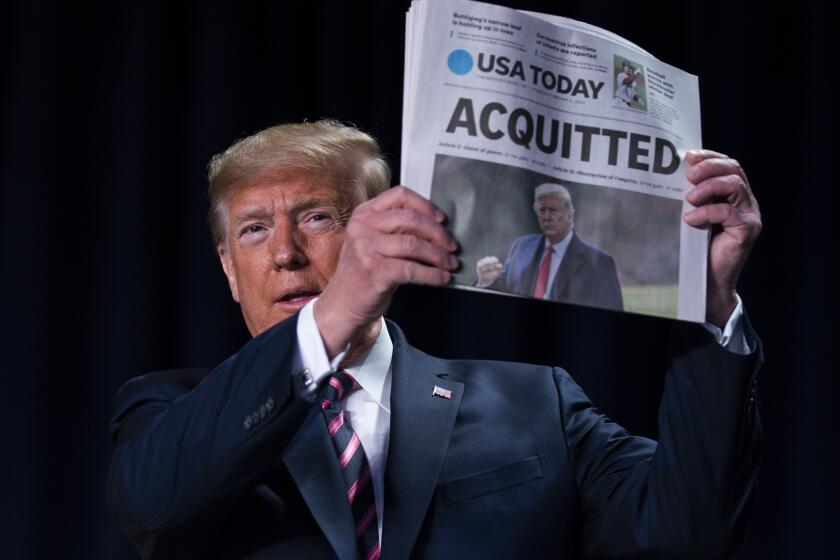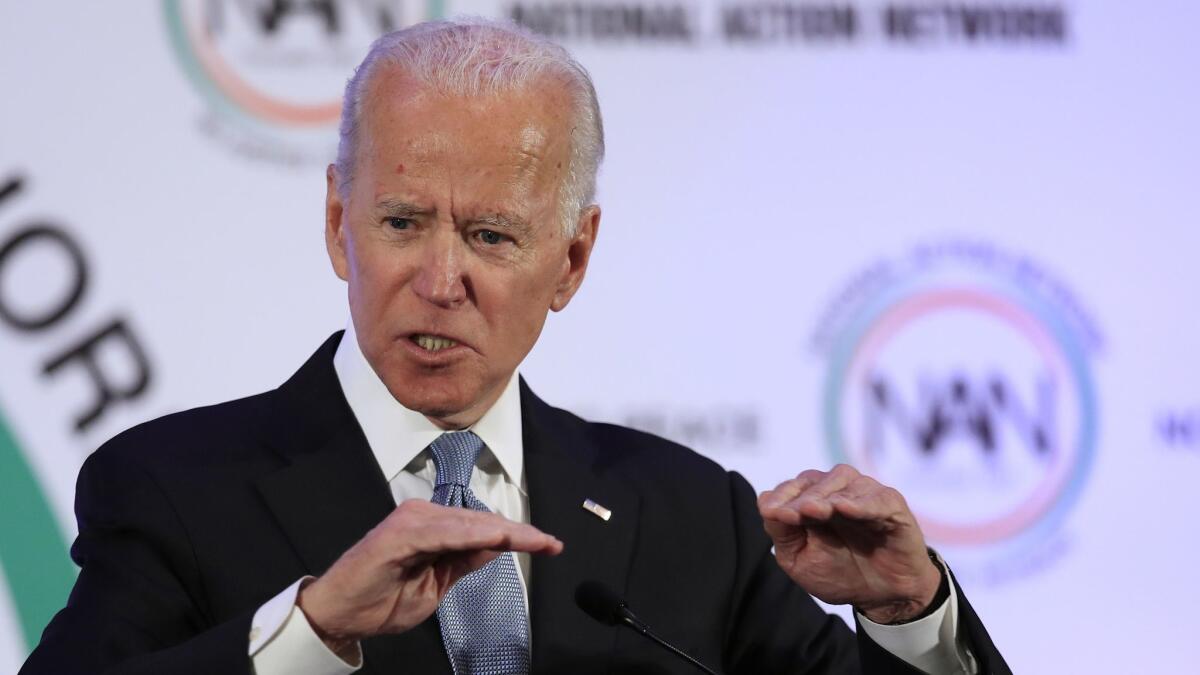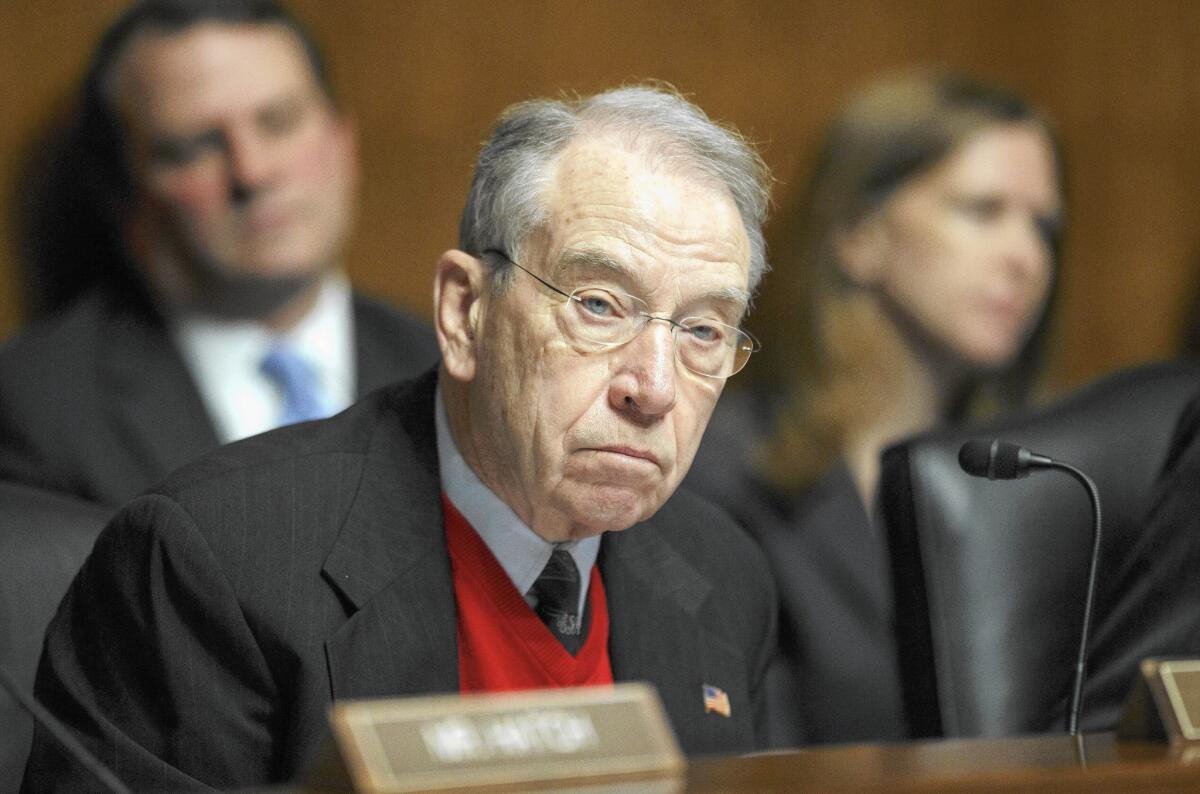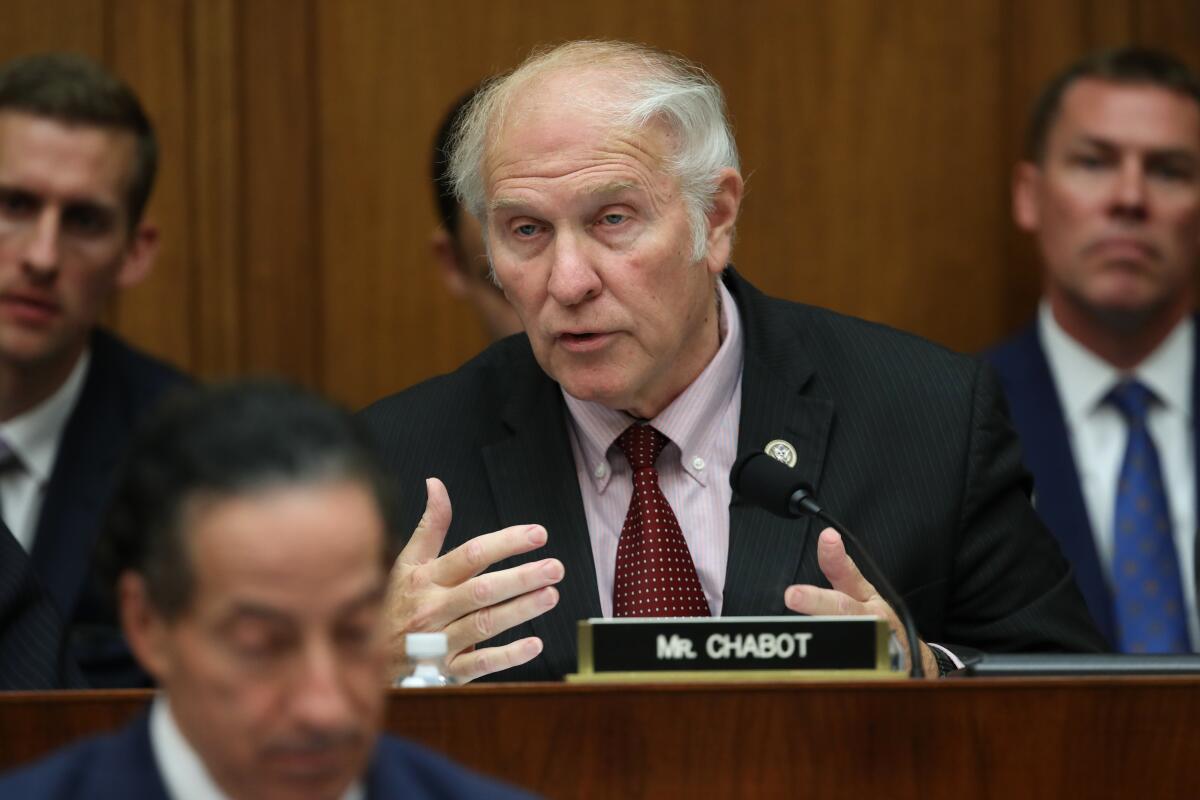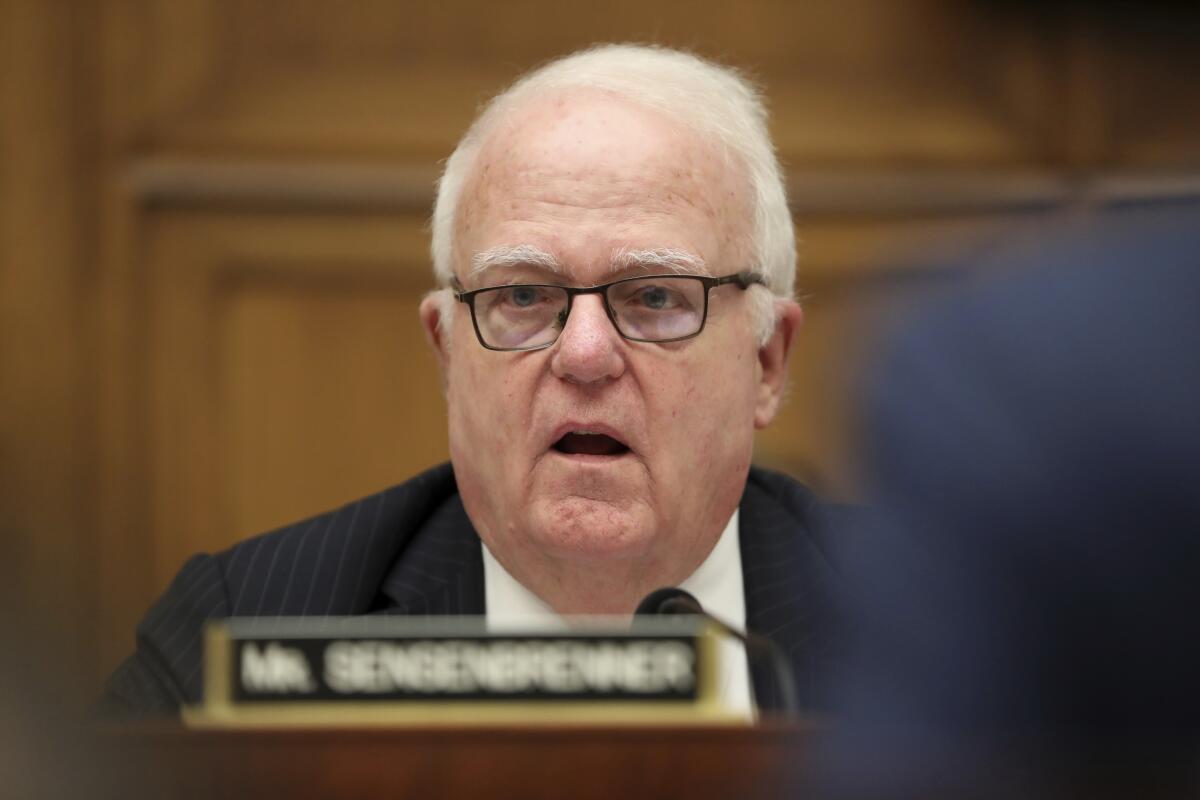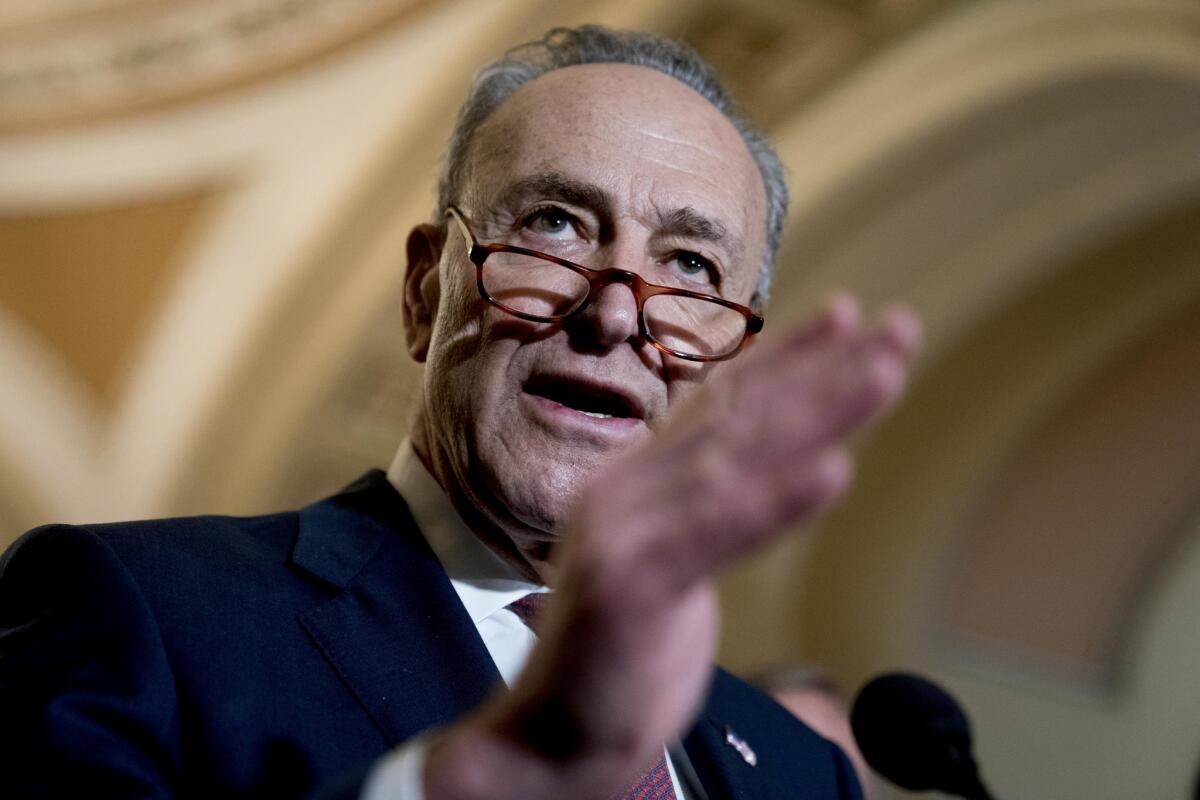The last time Congress weighed impeachment of a president was in 1998, which politically amounts to eons ago.
Attitudes — about the exploitation of women, the private lives of public figures, the rules of political engagement — have changed a good deal.
So, too, have the statements and seeming viewpoint of many involved in the impeachment of Democratic President William J. Clinton who now contemplate the impeachment of Republican President Donald J. Trump. Impeachment is, after all, a political exercise, not a criminal trial.
After a sprawling, years-long investigation — into an Arkansas land deal, allegations of campaign finance violations, charges of cronyism — Clinton faced two articles of impeachment in the House. Both stemmed from his extramarital affair with former White House intern Monica Lewinsky and Clinton’s attempt to hide their relationship.
On Dec. 19, 1998, during a lame-duck session of the Republican-controlled House of Representatives, lawmakers voted 228 to 206 to support the first article of impeachment, accusing Clinton of lying to a grand jury. Lawmakers voted 221 to 212 to support the third article of impeachment, accusing Clinton of attempting to obstruct justice. (The House rejected two other articles.)
The votes were overwhelmingly cast along partisan lines.
After a trial in the GOP-run Senate, lawmakers voted 55 to 45 against removing Clinton from office — well short of the two-thirds needed for his ouster. A handful of Republicans broke partisan ranks and voted to acquit Clinton on one count or the other.
The allegations against Trump are less salacious than those Clinton faced, but no less serious.
The president is accused of abusing his power by using U.S. foreign policy for his own gain, including withholding aid to Ukraine until the country’s leader agreed to seek out dirt on former Vice President Joe Biden, who’s bidding to be the Democratic nominee in 2020, and his son.
At the center of the allegation is a July 25 telephone call between Trump and Volodymyr Zelensky, the president of Ukraine. A whistleblower complaint by a member of the intelligence community alleged White House officials had attempted to “lock down” records of that call and other actions by the president.
So far, where lawmakers stand on impeaching Trump depends on where, politically, they sit. Democrats are charging ahead; no Republican has come out in favor.
Here’s what eight lawmakers in office during the impeachment of Clinton have to say now that they are judging Trump, compared to their statements back then.

